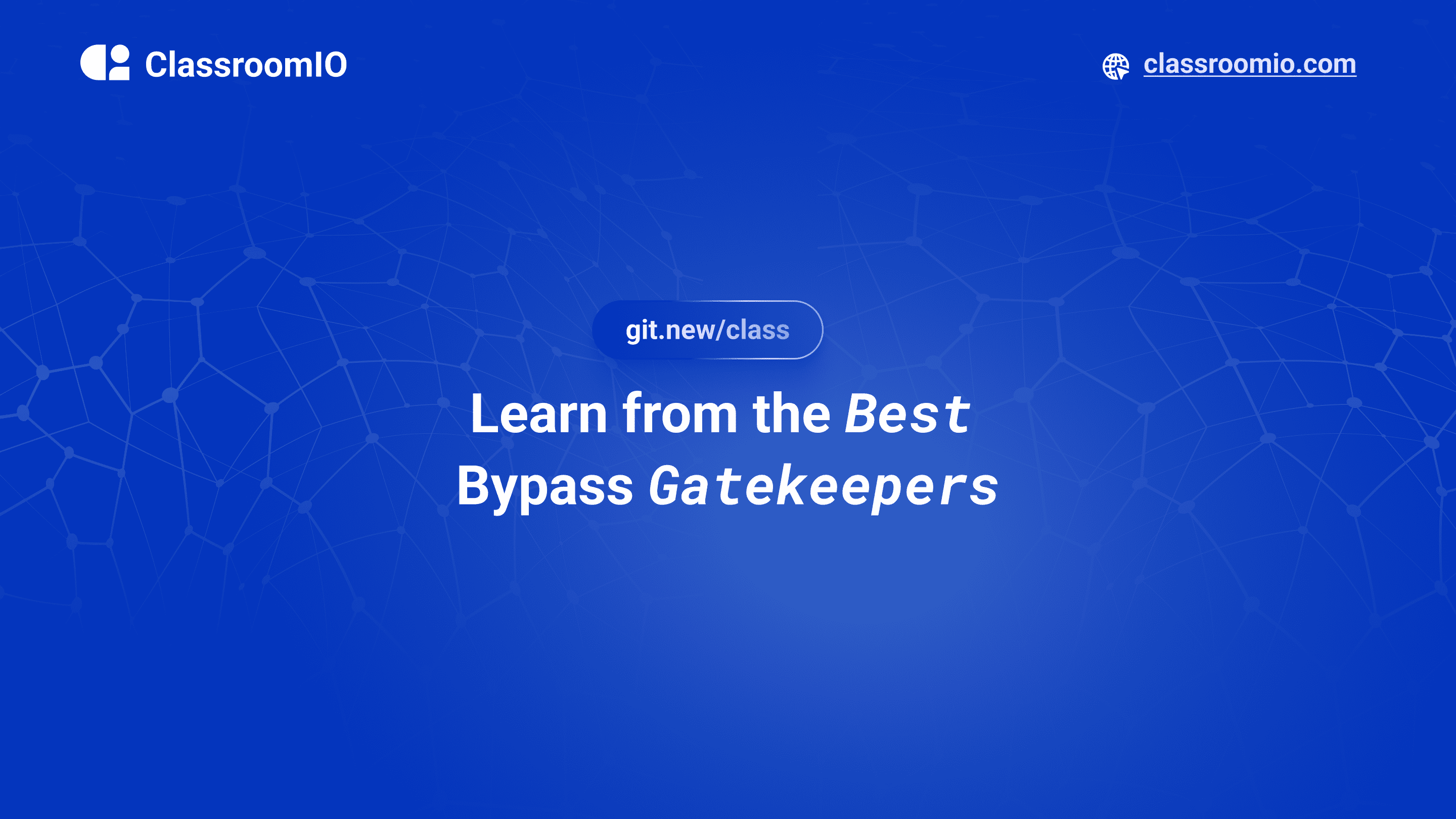Nov 13, 2024
Learn from the Best and Bypass the Gatekeepers

Rotimi Best
Founder

Introduction
There’s a major shift happening right now in Nigeria — everything is moving online and becoming digital, disrupting traditional systems across industries. Look around:
- Movies (Nollywood on YouTube)
- E-commerce (Jumia, Konga)
- Food delivery (Chowdeck)
- Advertisements (Online influencers)
- Payments (Moniepoint, Opay)
- Transportation (Uber, Bolt)
These platforms have broken records because they solve painful, real-world problems. Online solutions have removed the barrier of a physical location. All these examples — e-commerce, food delivery, transportation — were traditionally tied to specific places.
Take food delivery, previously if you wanted fast food, you’d go to a restaurant, eat in, or take out. Now with Chowdeck, you can order multiple meals from any restaurant of your choice, and they’re delivered to your doorstep in minutes.
Or consider transportation. Traditionally, you’d need to go to a bus stop or car park, and you’d have to know the area to navigate. With Uber and Bolt, you don’t even need to know the neighborhood. You choose your destination, book a driver, and they come right to your doorstep. I experienced this firsthand last week in Kenya—my first time in Nairobi. Using my Uber app, I navigated the city as if I were a local. It was amazing.
The Problem
So why haven’t we seen the same radical transformation in education, especially with the rise of mobile devices and the internet? Why is learning in Africa still tied to a physical location? Why are students limited to the teachers within their reach? Why can’t a student in Ibadan learn from a teacher in Abuja, or a student in Lagos learn from the best teacher in Kano? Why is attending classes still a requirement for passing a course?
In my opinion, our institutions are the gatekeepers. In Africa, many educational institutions remain comfortable, not thinking on a global scale. For example, Edx, an online e-learning platform with over 40 million users, was founded in May 2012 by MIT and Harvard. These two universities created a platform where their top lecturers essentially teach the world. This means that I, from Nigeria, can learn from professors in the U.S.
But why isn’t it the other way around? I feel a deep frustration about this because we have so many outstanding lecturers and educators in Nigeria — yet, no one even knows about them. Quality education isn’t evenly distributed across our country. The best educator should be able to reach that 15-year-old girl sitting in her room with a lantern, a Tecno Camon, a power bank, and a 5GB MTN internet subscription as she prepares for WAEC, tries to get ahead in high school, or brushes up on a university course.
This shift would also open up new revenue streams for lecturers. Income wouldn’t be tied to one physical institution. Students from across the country, and even the continent, would be willing to pay for access to excellent teachers.
The Solution
At ClassroomIO, these are the ideas driving us. We’re committed to building tools that break down these barriers and democratize access to quality education for every student and teacher across Nigeria. So far we’ve built an advanced course builder that allows any educator to create their own school, create courses and invite students. In each course you can upload videos, slides, notes, give assignments, grade and even assign certificates after successfully completing this course. All these have been built and can be used by any educator today. We are working on another platform that allows students to find the best educator for any given topic, this will be the game changer.
Conclusion
This new age of technology is here, and we must embrace it with enthusiasm. Together, let’s break the educational barriers and create a future where every student in Africa can learn from the best, no matter where they are. Let’s work together to make this vision a reality.
Marketplace
Future of Education

